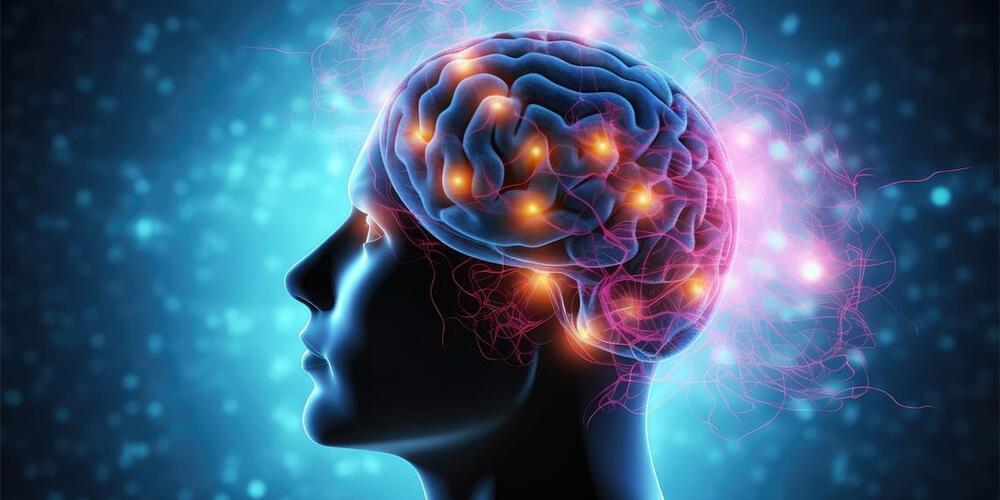In a recent study published in Nature Communications, researchers aimed to develop a model of rumination, a mental process characterized by persistent negative self-reflective thoughts that can lead to depression and anxiety. Using resting-state functional magnetic resonance imaging (rsfMRI) — a technique that captures brain activity when a person is at rest — they identified a specific region of the brain, the dorsal medial prefrontal cortex (dmPFC), as playing a pivotal role in these ruminative thoughts.
Recognizing that rumination can be an early risk factor for depression, the researchers aimed to develop methods for subclinical detection and intervention before clinical episodes of depression occur. Early detection and intervention can be crucial for preventing the development of more severe mental health conditions.
The default mode network (DMN), a large-scale resting-state network, had been consistently linked to rumination in previous research. But the precise brain regions responsible for variations in individual levels of rumination have remained elusive. The researchers wanted to investigate the specific role of the DMN and its subsystems in rumination, as it is involved in various processes related to self-referential thought, autobiographical memory, emotional experience, and more.
